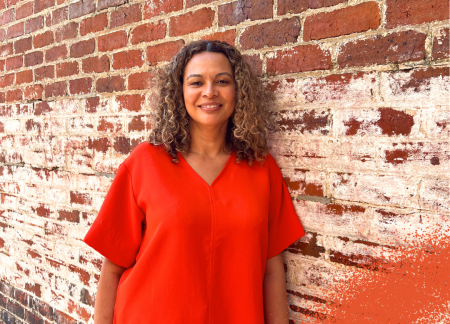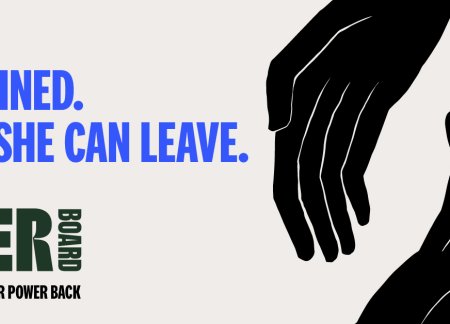For too long, women’s bodies have been neglected in medical research.
In the past, scientists believed that because males didn’t have menstrual cycles and can’t become pregnant, they were the best test subjects. 3 So female bodies were left out, creating gaps in medical research around female-specific conditions and symptoms.
Progress is underway, but change (and research) takes time. Until the medical field catches up, we will continue to experience delayed diagnoses, late treatments, over-prescribed medicine, and our pain being dismissed. 2
This has a ripple effect into health statistics too, with women being three times more likely to have a heart attack than men and twice as likely to suffer from chronic pain conditions. We even make up two-thirds of people with Alzheimer’s.1
One of Australia’s leading cardiothoracic surgeons, Dr Nikki Stamp, describes in her memoir Scrubbed that a woman entered her hospital with symptoms of a heart attack and was dismissed. Luckily, Dr Nikki quickly realised she was having female-specific symptoms of a heart attack, none of which her male colleagues had studied. Dr Stamp immediately sent her through to emergency.
This is just one story amongst millions.
Most of us know too many women – our sisters, mothers, friends – who have been let down in a medical setting. Perhaps their endometriosis was called period pain, their menopause labelled as a mental health issue or they were continuously prescribed the wrong treatment. Or their pain and symptoms were dismissed.
On a positive note, there are incredible people out there carving the way forward to a gender-equal healthcare system, by studying women’s bodies and specialising in women’s healthcare. Healthcare and research centred around women plays a pivotal role in filling this gap, and essentially saving lives.
Until our bodies are understood by medical professionals, how do we take care of our medical needs?
We recommend finding a medical specialist with background in women’s health – or even better, a specialist in the area that suits your medical needs. There are amazing practitioners out there who specialise in menopause, pregnancy, breast cancer and more.
Read up about your medical practitioner’s profile and area of expertise before booking with them. Or ask the practice about the medical expert’s background.
At Luma, our medical services are tailored to women. Our general practitioners and nurses offer services such as IUD insertions, abortions, pregnancy care, breast health, treatments, STI screenings and more. And they are all specialists in women’s health.
High-quality healthcare should be a basic human right that every woman has access to. Until the research understands our bodies as much as they understand men’s, we’ll be recommending women to continue seeking gender-specific medical care. Because high-quality healthcare is a right, not a luxury.

References
Kelly Burrowes, 2021. The Conversation. <https://theconversation.com/gender-bias-in-medicine-and-medical-research-is-still-putting-womens-health-at-risk-156495>
Australian Government Department of Health and Aged Care, 2023. <https://www.health.gov.au/news/end-gender-bias-in-australias-healthcare-system#:~:text=Gender%20bias%20in%20health%20research,people%20assigned%20female%20at%20birth.>
Frances Kuehnle, 2021. Medical News Today. <https://www.medicalnewstoday.com/articles/gender-bias-in-healthcare>
Scrubbed by Nikki Stamp, 2022. Amazon AU. <https://www.amazon.com.au/Scrubbed-surgeons-extraordinary-everything-between/dp/176087941X>



